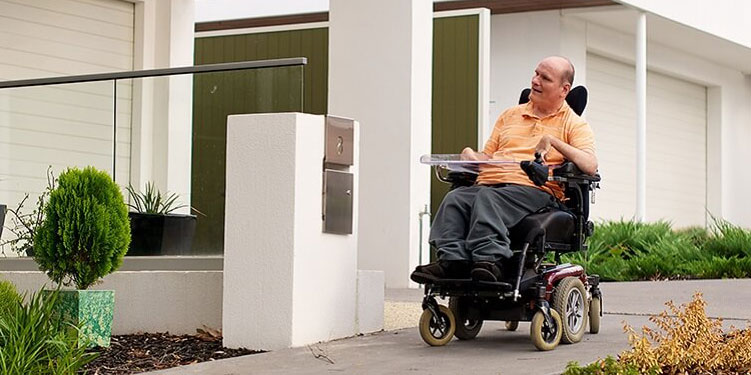
The National Disability Insurance Scheme (NDIS) is an Australian Government initiative designed to help people with disabilities achieve greater independence and improve their quality of life. It provides financial support for a variety of needs, depending on each participant's eligibility and individual plan. But does the NDIS cover housing support? Let’s dive into the details to find out.
The NDIS categorises its supports into three main areas, with "core supports" funding assistance for daily life activities. While the NDIS does not directly provide housing, it does offer funding to assist with living arrangements when other options, such as community support or informal help, are unavailable.
When participants and their families discuss their needs during the planning phase of the NDIS, housing and living goals can be identified. These discussions help determine the specific funding and support required to ensure participants can live independently in a home that suits their needs.
Although NDIS can assist with certain aspects of housing, there are limitations. For example, it doesn’t cover everyday living expenses such as rent, utilities, groceries, or phone bills. However, there are various forms of housing support available under NDIS to assist with different needs.
Here’s a look at the types of support the NDIS may offer in relation to housing:
Living independently is crucial to a person’s sense of well-being, but it can be difficult for those with disabilities if their environment isn’t conducive to support and care. The NDIS helps break down these barriers, giving participants more control over their living situations. Through the NDIS, individuals can make important decisions about where to live and who to live with.
A well-designed living space, in the right location and community, can open doors to more informal support and help with independent living. Quality housing options can also facilitate access to public services, social spaces, and activities, all of which improve overall quality of life.
The NDIS covers various types of accommodation, depending on the participant’s needs. These are split into three key categories:
1.Short-Term Accommodation
This option is available for two main reasons:
This is designed for participants who need housing support for a longer period, such as after hospitalisation or during a transitional phase:
Specialist Disability Accommodation (SDA) provides long-term housing options for participants with more severe and permanent disabilities. These homes are designed to meet specific needs and encourage independent living. Participants can access funding to pay for various SDA options, such as apartments, group homes, or shared living spaces, where essential support services are funded by the NDIS.
To be eligible for housing support through the NDIS, participants must meet the following criteria:
The NDIS is continually working to improve the independence and well-being of people with disabilities by providing housing support that meets their needs. Whether you need short-term accommodation, post-hospital care, or long-term specialised housing, the NDIS can assist you in finding the right solution.
If you are looking to access housing support through your NDIS plan, Capri Care Group is here to help. As a certified NDIS provider, we can guide you through the process and help you find the best housing solutions. Contact us today to discuss your needs and explore your options.